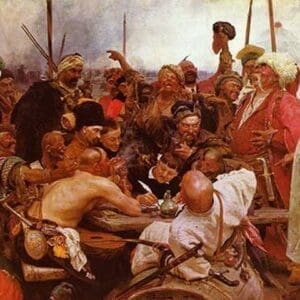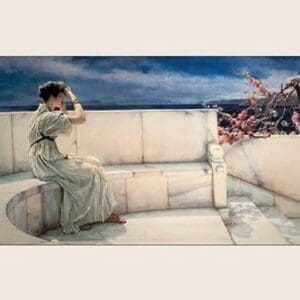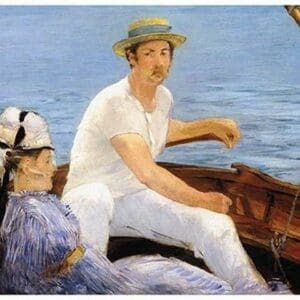-
Categories
- Animals In Art
- Architecture
- Art and Artists
- Botanical and Agricultural
- Business, Finance and Industry
- Children and Art
- Costume and Fashion
- Entertainment
- Food and Drink
- Health
- History
- Holidays
- Home and Hearth
- Humor
- Literary
- Maps
- Military
- Miscellaneous
- Motivational
- Music
- People and Places
- Photography
- Politics
- Religion and Philosophy
- Science and Technology
- Science Fiction and Fantasy
- Sports
- Travel and Transportation
- World Cultures
- Animals In Art
- Architecture
- Art and Artists
- Botanical and Agricultural
- Business, Finance and Industry
- Children and Art
- Costume and Fashion
- Entertainment
- Food and Drink
- Health
- History
- Holidays
- Home and Hearth
- Humor
- Literary
- Maps
- Military
- Miscellaneous
- Motivational
- Music
- People and Places
- Photography
- Politics
- Religion and Philosophy
- Science and Technology
- Science Fiction and Fantasy
- Sports
- Travel and Transportation
- World Cultures
-
Customer Service
-
Company Policies









Reviews
There are no reviews yet.